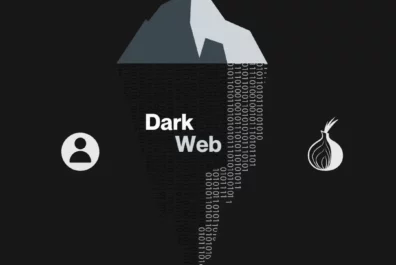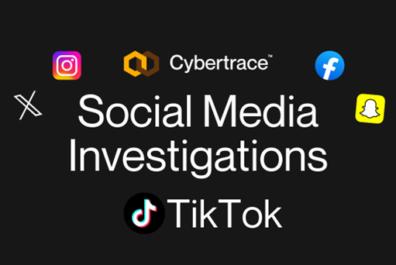Cybertrace Regional Assessment
The prevalence of fraud (scams) in Canada reflects a growing global issue of sophisticated fraud attempts. This article offers an insight into major scams affecting Canadians, comparisons with global trends, and proactive strategies to enhance personal safety. This article is the inaugural part of a series focusing on regional assessments of fraud across various countries.

Major Scams in Canada
- Investment Scams: Characterized by promises of high returns with seemingly no risk, these frauds target individuals eager to invest in hot markets like cryptocurrencies or foreign exchanges. Crucially, individuals should verify any entity’s credentials through the Canadian Securities Administrators to avoid falling prey to such schemes.
- Romance Scams: In these emotionally manipulative frauds, perpetrators create fake profiles on dating sites or social media to build relationships and eventually coax money from victims for fabricated emergencies. It’s imperative never to transfer money or share financial information with someone you haven’t met in person.
- Emergency Scams: Often dubbed “Grandparent frauds,” these involve fraudsters pretending to be a relative or a friend in urgent need of money due to an emergency. Older adults are particularly targeted to exploit their emotions.
- CRA Scams: These frauds see fraudsters impersonating Canada Revenue Agency (CRA) officials to extract money or personal information, using threats of legal action or jail time. Notably, the CRA never demands immediate payment through unconventional means like gift cards.
- Identity Theft: Utilizing phishing emails or counterfeit websites, scammers steal personal information to perpetrate further fraud. Always be vigilant about the security of websites and the sharing of personal information.
Global Comparison of Scam Prevalence
While Canada grapples with these issues, it’s insightful to compare the situation with other regions:
- United States: Similar to Canada, the U.S. contends with high instances of identity theft and IRS fraud, but also uniquely faces a higher rate of credit card fraud and health insurance fraud.
- United Kingdom: The U.K. is heavily impacted by banking and investment fraud, with a notable rise in fraud involving artificial intelligence and deepfakes—technologies that are less prevalent in Canadian fraud.
- Australia: Australia shares similarities with Canada in the prevalence of investment and romance fraud but also sees unique fraud related to natural disaster and charity fraud following catastrophic events.
This comparison underscores that while some frauds are universally exploited, regional differences often reflect local financial practices, regulatory environments, and social norms.

Enhanced Tips to Recognize and Avoid Scams
- Do Your Homework: Always conduct thorough research to verify the legitimacy of any company or individual that contacts you, especially if the outreach is unsolicited.
- Protect Personal Information: Keep your personal and financial information secure. Be cautious of any unsolicited requests for sensitive information.
- Beware of Pressure Tactics: Scammers often use urgency to provoke quick decisions. Take your time and consult trusted friends or advisors.
- Utilize Official Resources: Engage with resources such as the Canadian Anti-Fraud Centre for current scam alerts and prevention tips. Also consider using the Cybertrace suite of tools to check phone numbers and websites for fraud risk.
Resources and Reporting
It is crucial to stay informed about the latest scams through reputable sites such as the Canada Revenue Agency and the Canadian Anti-Fraud Centre. Reporting suspected scams is vital in preventing further incidents and protecting others in the community.
Understanding the characteristics of scams both within Canada and globally enables individuals to better defend against fraudulent practices. This blog marks the beginning of a series that will delve into scam trends across various regions, providing a global perspective on this pervasive issue.


